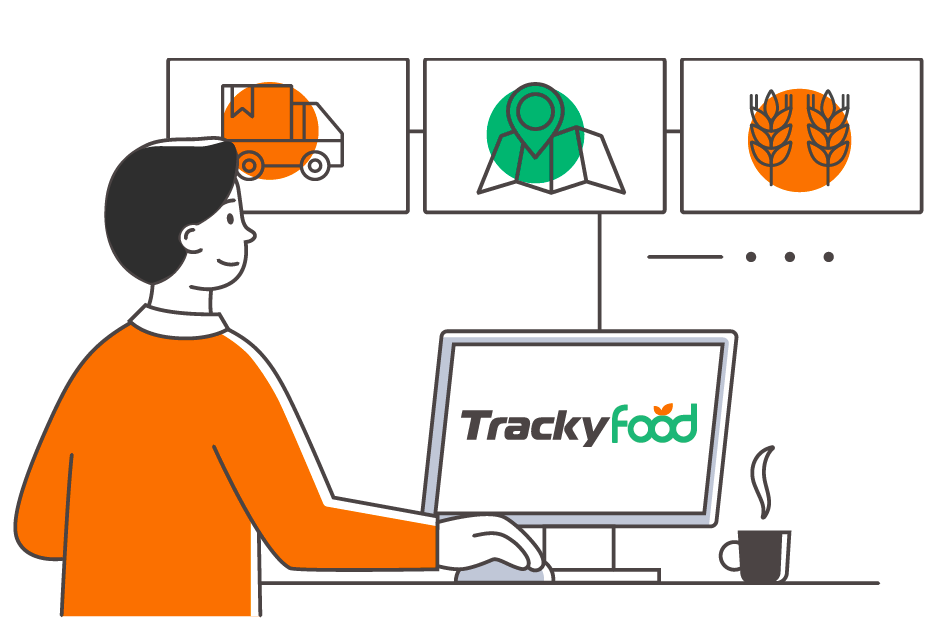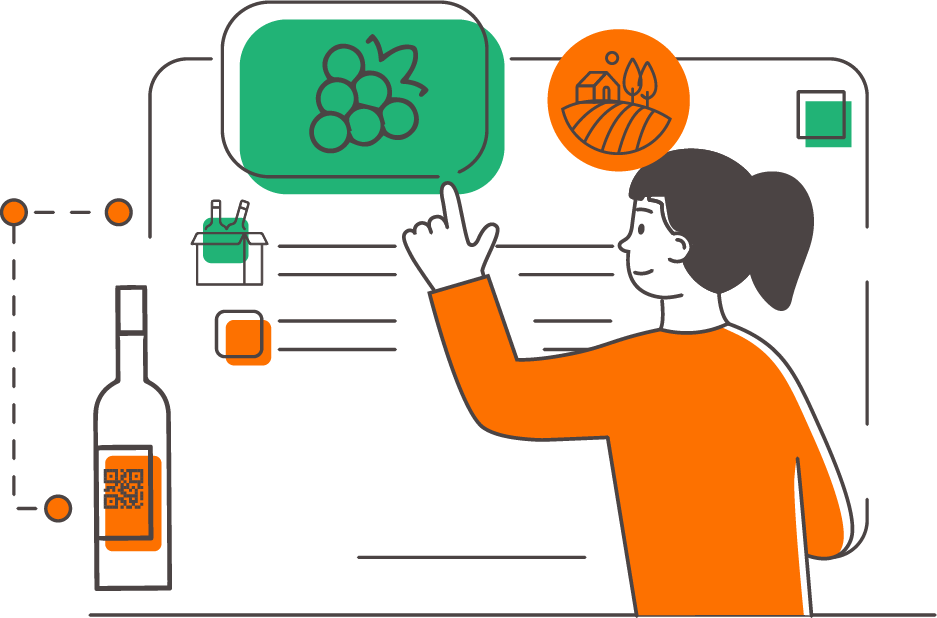
Secrets of Italian Pasta: Traceability and Quality from Origin to Your Table
Italian pasta is much more than just a food item; it is a symbol of cultural and culinary tradition that extends beyond national borders. Today, consumer focus is increasingly directed towards the origin and quality of the food they purchase. In this context, traceability in agri-food supply chains emerges as a fundamental pillar to ensure not only the authenticity of the product but also the environmental and social sustainability of production practices.
The Importance of Traceability in Pasta Production
Traceability in the pasta agri-food supply chain involves detailed monitoring of every phase of the production process, from the origin of the wheat to the final product available to the consumer. This includes a deep understanding of the agricultural practices used to grow the wheat, the application of processing techniques that preserve the nutritional and organoleptic characteristics of the grain, and the management of transformation and packaging stages that adhere to stringent food safety standards.
For more information, read also: Pasta: The Queen of Tracked Agri-Food Chains
The Origin of the Flour: A Crucial Piece of Traceability
A central element of traceability in pasta production is the origin of the flour used. The best companies not only select high-quality wheat but also closely monitor the origin of every batch of flour produced. This involves close collaboration with reliable agricultural suppliers who adhere to high standards of sustainability and good farming practices. For instance, Barilla and De Cecco are known for their commitment to working with Italian farmers to ensure that the wheat used is traced back to its origin, thus guaranteeing a superior quality pasta that meets the expectations of the most demanding consumers.
Read also: What Do You Know About a Wheat Field? Here’s Where the Best Italian Wheat is Grown
Blockchain Traceability in the Pasta Sector
Recently, blockchain technology has entered the food sector, including pasta production, further enhancing traceability and transparency. A notable example is Pasta Mancini, which has implemented blockchain technology to trace every step of the production process, from the sowing of the wheat to distribution. Using an immutable and accessible digital ledger, Pasta Mancini offers consumers the ability to independently verify the origin and quality of the pasta, thus promoting greater trust in the product and supporting their claims of sustainability and quality.
Read also: Blockchain for Traceability and Competitiveness in the Food Chain: The Study by the University of Macerata and Pastificio Mancini
Examples of Pasta Companies with Tracked Supply Chains
Barilla
Barilla, one of the largest pasta companies in the world, stands out with its “Blé” program, which ensures the complete traceability of the wheat used. This project not only guarantees the quality of the final product but also supports sustainability through responsible and transparent agricultural practices.
De Cecco
De Cecco è un altro leader nel settore della pasta che pone un’enfasi particolare sulla tracciabilità del grano italiano. Attraverso il programma “Pasta Natura”, De Cecco assicura che ogni lotto di pasta rifletta non solo la qualità del grano utilizzato, ma anche il rispetto per l’ambiente e per le comunità agricole locali.
Pasta Garofalo
Pasta Garofalo is committed to total supply chain traceability with its “Origini” program. This artisanal Italian company not only selects high-quality wheat but also ensures that every pack of pasta upholds the authentic values of Italian tradition, providing transparency and trust to consumers.
Pastificio Felicetti
Located in the heart of the Dolomites, Pastificio Felicetti is distinguished by its use of organic wheat and its focus on environmental sustainability. This family-owned company has implemented advanced traceability systems that allow consumers to follow the journey of the wheat from field to table, ensuring a high-quality product with authentic flavor.
Pasta Mancini
Pasta Mancini, based in the Marche region, is renowned for its high-quality pasta made from locally grown wheat. With a strong commitment to sustainability and traceability, this company stands out for its attention to the origin of the wheat and the use of production methods that respect the environment and enhance the local area.

Benefits of Traceability for Consumers
Traceability in agri-food supply chains is not just a guarantee of quality but also offers numerous advantages for informed consumers:
- Informed Choices: Consumers can make more informed food choices by knowing the origin and production practices of the pasta they purchase.
- Sustainability: Supporting companies with tracked supply chains encourages sustainable agricultural practices and contributes to the conservation of natural resources.
- Superior Quality: Traceability ensures that the final product meets high standards of food safety and quality, providing an excellent culinary experience.
Conclusion
Italian pasta is a gastronomic heritage renowned for its quality and authenticity. Thanks to the traceability of agri-food supply chains, pasta companies, both large and small, can ensure that every package of pasta represents the best of Italian tradition while meeting modern consumers’ demands for genuine and sustainable products. From industry leaders like Barilla and De Cecco to small artisanal producers like Pastificio Felicetti and Pasta Mancini, the commitment to traceability reflects a continuous focus on quality and social and environmental responsibility.
Want more information on traceability for your supply chain? Contact us now.
More news
Read the news we have selected for you. Lots of curiosities and information on the world of food.
The 5 Myths About Food Traceability
Food traceability has become an essential component of the mod..








